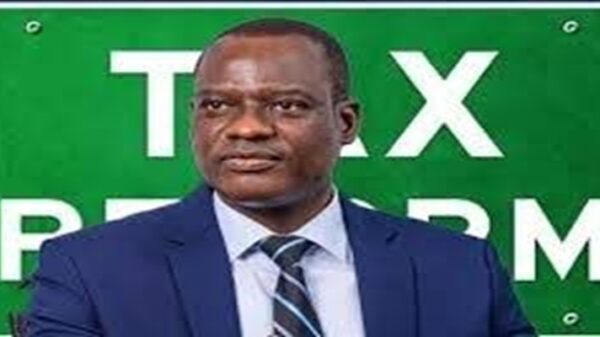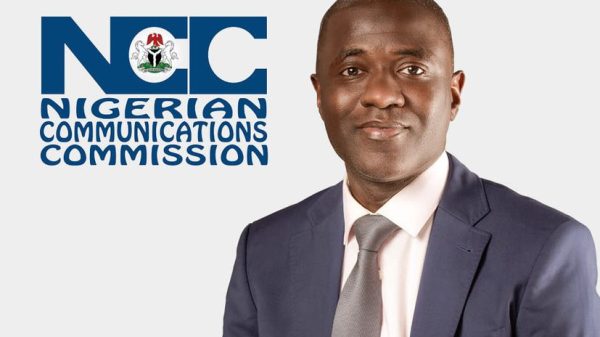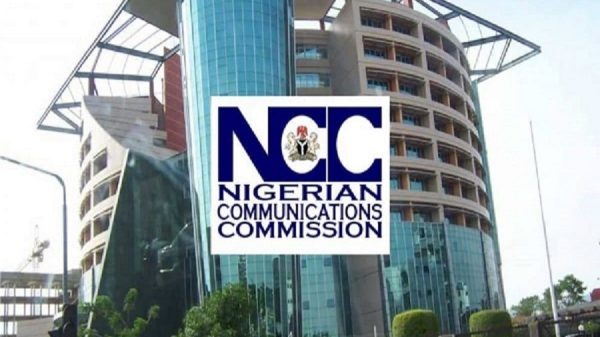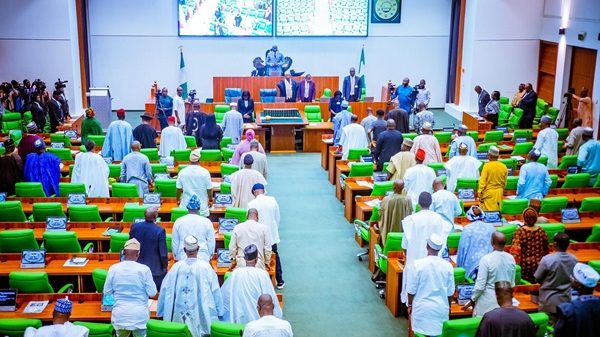The unsavoury combination of border closures, coronavirus related disruptions and lower interest rates have fuelled inflationary pressures in Africa’s largest economy. With consumer prices projected to jump to almost 14% in October, this will be the highest rate since February 2018. In a perfect world, the government may have deployed tight fiscal policy to tame inflationary pressures. However, such a move that involves raising taxes and limiting government spending may do more damage than good at a time where Nigeria continues to heal wounds inflicted by COVID-19. With inflation projected to rise amid ongoing border closures, the Central Bank of Nigeria may have limited room to loosen monetary policy.
In absence of lower interest rates, the Central Bank of Nigeria may revisit the Loan-to-Deposit policy. Such a strategy was seen encouraging banks to lend and de-risking the real sector, particularly SME’s. Although consumer credit improved during the first few months of 2020, the coronavirus outbreak disrupted cash flow and income of individuals and businesses. This raised the risk of bad loans ultimately reducing lending by banks to consumers. However, last week’s announcement from Pfizer and BioNTech of encouraging results from their late-stage trial for COVID-19 created a sense of hope and light at the end of the tunnel. Market optimism over a vaccine bringing an end to this pandemic could boost sentiment and rekindle confidence.
The most important question for Nigeria is whether it has the ability to recover back to pre-coronavirus levels. Economic growth is expected to remain negative during the third quarter of 2020 after contracting -6.10% in Q2. With Oil prices capped by demand-side factor, the International Monetary Fund’s 2020 growth forecast of -4.3% could become reality.
Outside of Nigeria, the most important risk event that remains relevant to the country is the upcoming OPEC+ Joint Ministerial Committee meeting. While OPEC+ is unlikely to make any major decisions, the meeting may provide plenty of noise which could translate to price volatility. One thing to keep in mind is that Nigeria oil production has fallen sharply due to ongoing OPEC+ output cuts. The latest figures from the cartel confirm that Nigeria is sticking to supply cut agreements by keeping oil production below 1.5 million barrels per day in September. Given how Oil sales account for a handsome chunk of export earnings and government revenues, this development is likely to compound to the country’s woes.
Despite all the gloom and uncertainty, The Nigerian Stock Exchange All-Share Index is up over 30% year-to-date. This may be based around investors hunting for gains at a time where the country’s fixed income market is offering negative real yields. While the capital markets could push higher in the near and even benefit from external forces like Biden’s victory and a potential vaccine for COVID-19, gains are likely to capped by Nigeria’s domestic economic conditions.
![]()



























































